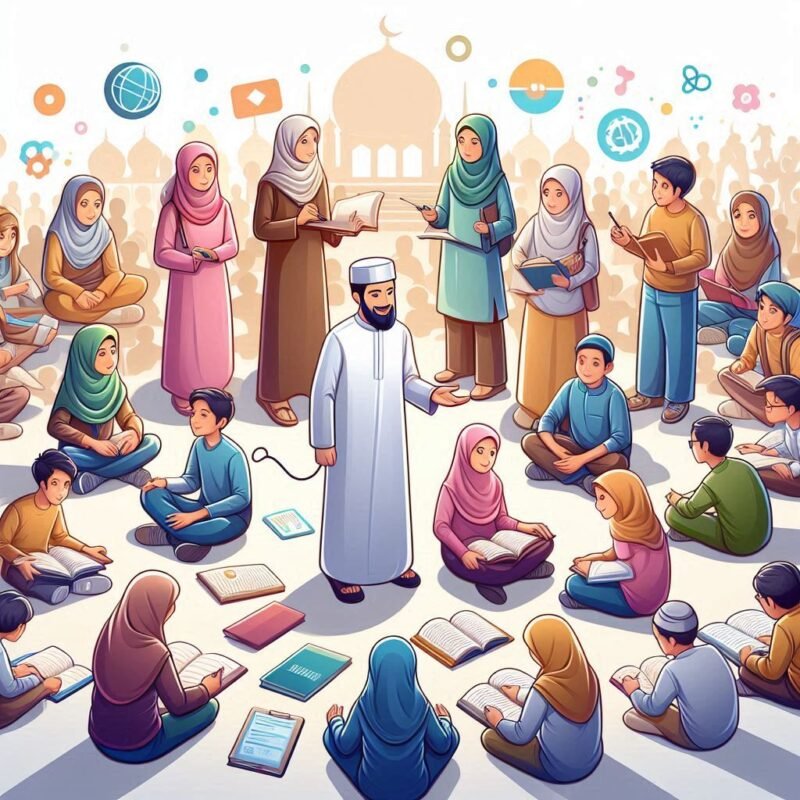The Fundamental Role of Education in Islam
Education holds a significant place within Islamic teachings. The very first revelation to the Prophet Muhammad (peace be upon him) began with the command to ‘Read’ (Iqra), highlighting the importance of knowledge and learning. This directive emphasizes that seeking knowledge is a fundamental aspect of a Muslim’s life.
Education as a Religious Duty
In Islam, acquiring knowledge is not merely encouraged but is considered a religious duty for every Muslim, both men and women. The Prophet Muhammad (PBUH) said, ‘Seeking knowledge is an obligation upon every Muslim.’ This underscores the idea that education is not just a means to an end but an essential part of one’s faith and practice.
Comprehensive Learning in Islamic Tradition
Islamic education is holistic, encompassing not only religious knowledge but also worldly sciences. The Quran and Hadiths encourage Muslims to explore various fields of study, including medicine, astronomy, and philosophy. This comprehensive approach aims to develop a balanced individual who can contribute positively to society.
The Social Impact of Education in Islam
Education in Islam is seen as a means to uplift individuals and communities. It empowers people with the knowledge to make informed decisions, promotes justice, and fosters a sense of responsibility towards others. By emphasizing the importance of learning, Islam seeks to create a knowledgeable and ethical society.

